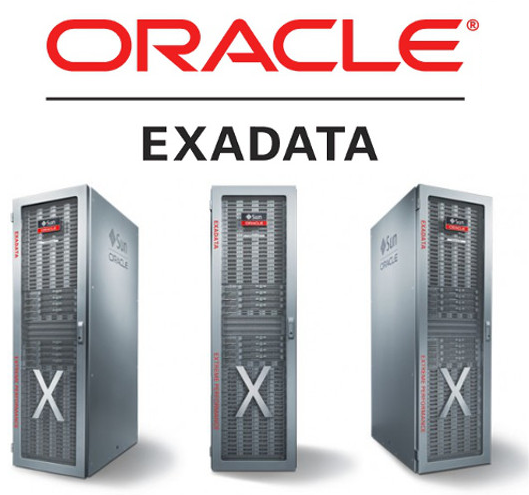Fraud analytics is the multidisciplinary field, combing numerous areas of expertise in order to better understand fraud, and develop detection solutions for the future. Fraud is an adaptive crime, so it needs specialised methods of intelligent data analysis, data presentation and understanding to detect and prevent it.
For many, knowing where to start with fraud analytics is the hard part. With a deluge of data, in which less than 1% might be fraud, it can be a daunting prospect. From the data we need to detect patterns which might start to show some of the underlying data story.
Alongside the data analysis, it is important to include domain expertise, people who are working within industry who can identify potential rules/ patterns to help direct and inform the investigation. For this we need to capture that intelligence, which in turn can be used to build supervised learning models.
Machine learning is a subset of Artificial Intelligence (AI) that relates to the science of algorithms, the key difference is the ‘learning’. With machine learning, we can provide a computer a large amount of data and/or information and it can learn how to make decisions, in a similar way that a human learns.
In today’s world of cloud computing, it is important to have the capabilities to integrate multiple data sources, use unsupervised and supervised learning models to unravel unseen patterns as well as a development environment to capture the domain expertise.
Oracle have been using Machine Learning within the database since Oracle 9i, some 18 years. They believed then, as they do now, that instead of moving the data, move the algorithms. Oracle Autonomous Data Warehouse (ADW) provides the perfect environment, built on Exadata infrastructure, with a variety of supervised and un-supervised learning models. These can be accessed through a collaborative analytics platform, a Zeppelin notebook, to enable data analysts to share and discover new insight. In addition, there is a development environment, Application Express (APEX), enabling low code applications to be developed to allow interaction by users and capture that all-important domain expertise.
In today’s world such a highly adaptive, agile environment enables data analysts, data scientist and domain experts to come together in the fight against fraud. Presenting the data story to the business and enabling actionable insight to be delivered in a timely manner.
Join us for an insightful, hands-on breakfast briefing on fraud analytics on the 20th of February and learn how you and your company can detect fraud.
About the Author
Dr. Abi Giles-Haigh is the Chief Data Science Officer at Vertice. She has over 10 years’ experience working with data from database management, report writing and advanced analytics. Previously she was part of the Data Analytics Team at the NHSBSA identifying savings and improving patient care. She is an Oracle ACE Director, UKOUG Technical Speaker of the Year 2016, as well as a Nominated Digital Leader 100. Abi is a technical evangelist in the field of predictive/prescriptive analytics and data mining. She holds a PhD in Computational Modelling and a Bachelor of Science in Computing Science, from Newcastle University.


